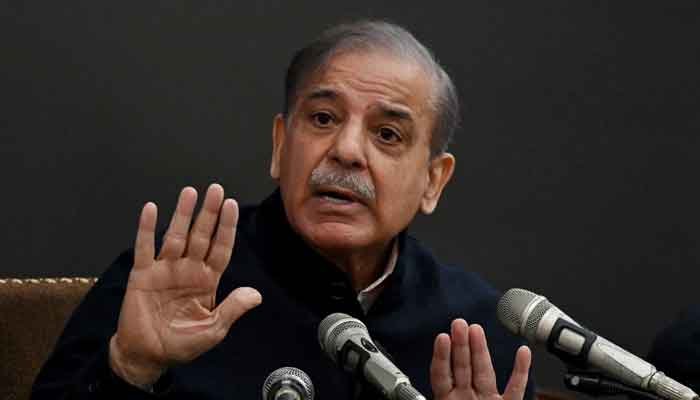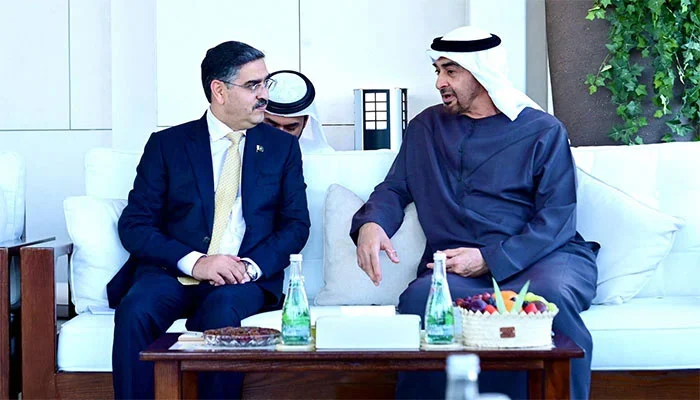Islamabad: Prime Minister Shehbaz Sharif has firmly rejected any increase in the price of sugar within the country and mandated that sugar mills maintain an ex-factory rate of Rs 140 per kilogram throughout the year. This decision came during a special meeting chaired by the Prime Minister, where various issues related to the export of sugar were discussed.
During the meeting, Prime Minister Sharif was briefed on the current state of the sugar industry. Officials highlighted that if sugar exports are not permitted, sugar mills could face bankruptcy in the upcoming season, potentially leading to the closure of 40 mills. This alarming situation stems from the substantial payments sugar mills have made to sugarcane farmers this season. Of the 800 billion rupees owed, sugar mills have already paid 760 billion rupees, leaving a remaining balance of 40 billion rupees yet to be settled.
It was further reported that the country currently has an excess supply of 1.5 million tons of sugar. The proposal to export 5 million tons of sugar could generate an estimated 26 million dollars in revenue, providing a much-needed financial boost to the struggling industry.
Prime Minister Sharif emphasized that the decision regarding sugar exports would be made by the Economic Coordination Committee (ECC). He reiterated the importance of maintaining the ex-factory price at Rs 140 per kilogram to ensure affordability and prevent any undue burden on consumers.
The Prime Minister’s directive aims to balance the need to support the domestic sugar industry while also protecting consumer interests. By maintaining a stable ex-factory price, the government seeks to prevent inflationary pressures that could arise from increased sugar prices. Additionally, the potential export of surplus sugar could provide financial relief to the mills, enabling them to continue operations and avoid bankruptcy.
Prime Minister Shehbaz Sharif’s rejection of a sugar price increase and his insistence on a fixed ex-factory rate underscore the government’s commitment to managing the country’s sugar supply effectively. The decision to involve the ECC in the export discussion ensures that any action taken will be thoroughly evaluated and in the best interest of both the industry and consumers. This balanced approach aims to stabilize the sugar market, support farmers, and safeguard the economic stability of the sugar mills.



